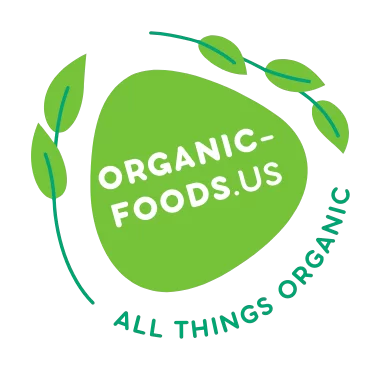Organic Parenting for Sustainable Families
Introduction to Organic Parenting
Organic parenting is a holistic approach to raising children that emphasizes sustainability and natural living. It goes beyond simply choosing organic foods; it’s about creating a lifestyle that supports the health of your family and the planet. This method of parenting integrates eco-friendly practices into daily life, from the food you eat to the products you use, all while nurturing a deep respect for the environment in your children. By adopting organic parenting, families not only enhance their well-being but also contribute positively to the world around them.
The Pillars of Organic Parenting
Organic parenting rests on several key pillars that guide families in making sustainable choices. The first pillar is nutrition, focusing on organic, whole foods that are free from harmful pesticides and chemicals. This not only benefits the health of your family but also supports sustainable farming practices. The second pillar is eco-friendly living, which involves reducing waste, using natural products, and minimizing your carbon footprint. The third pillar is education, teaching children about the importance of sustainability and how they can make a difference. Together, these pillars form a strong foundation for a sustainable family life.
Nutrition: Feeding Your Family the Organic Way
When it comes to feeding your family, organic parenting emphasizes the importance of whole, unprocessed foods. This means choosing fruits and vegetables that are grown without synthetic pesticides, and opting for meats and dairy products from animals raised without antibiotics or hormones. A study by the Organic Trade Association found that organic foods can have higher levels of certain nutrients, making them a healthier choice for growing children Organic Trade Association. Additionally, by supporting organic farming, families contribute to more sustainable agricultural practices that protect the soil and water resources.
Eco-Friendly Living: Reducing Your Family’s Footprint
Eco-friendly living is another crucial aspect of organic parenting. This involves making conscious choices to reduce waste and minimize your family’s impact on the environment. Simple steps like using reusable bags, bottles, and containers can significantly reduce plastic waste. Choosing natural cleaning products and personal care items free from harsh chemicals not only protects your family’s health but also prevents these substances from entering waterways. A report by the Environmental Working Group highlights the benefits of using natural products, showing that they can be just as effective as their chemical counterparts Environmental Working Group. By adopting these practices, families can live more sustainably and teach their children the importance of caring for the planet.
Education: Instilling Values of Sustainability
Education is a vital component of organic parenting, as it helps instill values of sustainability in children from a young age. This can be done through everyday activities, such as gardening, composting, and recycling, which teach children about the cycles of nature and the importance of reducing waste. Additionally, discussing environmental issues and solutions with your children can foster a sense of responsibility and empowerment. Schools and community programs can also play a role in this education, offering resources and activities that support sustainable living. A study by the National Environmental Education Foundation found that children who participate in environmental education programs are more likely to engage in sustainable behaviors as adults National Environmental Education Foundation.
Challenges and Solutions in Organic Parenting
While organic parenting offers numerous benefits, it can also present challenges. One common challenge is the higher cost of organic products, which can strain family budgets. However, there are solutions to this issue, such as buying in bulk, shopping at local farmers’ markets, and growing your own food. Another challenge is the time and effort required to maintain an eco-friendly lifestyle, but this can be mitigated by involving the whole family in sustainable practices, turning them into fun and educational activities. By addressing these challenges head-on, families can successfully embrace organic parenting and enjoy its long-term benefits.
Conclusion: Building a Sustainable Future
Organic parenting is more than just a trend; it’s a commitment to raising healthy, conscious children who will grow up to be stewards of the planet. By focusing on nutrition, eco-friendly living, and education, families can create a sustainable lifestyle that benefits both their immediate well-being and the future of the earth. While there may be challenges along the way, the rewards of organic parenting are well worth the effort. As more families adopt these practices, we move closer to a world where sustainability is not just a choice, but a way of life.

